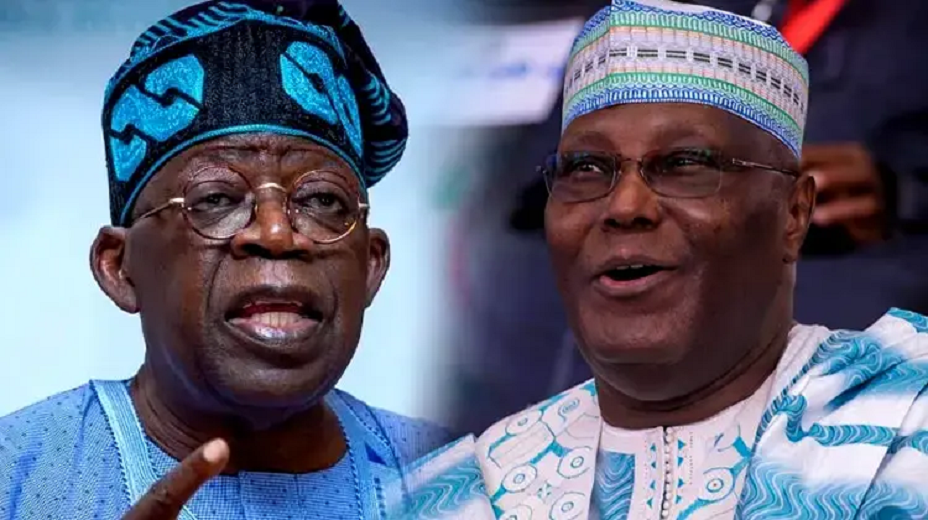House of Representatives Speaker Femi Gbajabiamila said the house was working to amend the national health law to address gaps in access to health care, including funding for bullet victims.
He said this at the opening of the 44th / 45th Annual General and Scientific Meeting (AGSM) of the West African College of Physicians (WACP) Nigeria Chapter in Abuja.
Gbajabiamila, who was represented by the Hon. Tanko Sununu, chairman of the House health committee, said that in the amended law, provisions were made for health service providers to claim funds used to treat gunshot victims in an emergency.
He said the consideration was important because the increase in “no pay, no service” cases for gunshot wound victims was a serious concern.
Nigeria’s health scores remain poor, he said, and the National Assembly will play its role through legislation to help tackle the root causes of the country’s poor health delivery system, including accessibility.
He said that “in the coming days we will be looking at the modification of the national health law which provides the basic framework on which health care in the country is developed.
“The House of Representatives is awaiting the agreement of the executive branch of the government on the issue of the emergency treatment of gunshot victims. We tried to deal with the gunshot wounds problem in the amended Health Act.
“In the previous law, there was a loophole in how this type of emergency was to be handled when presented to the hospital. The source of payment and the services rendered to gunshot victims have become an issue of concern.
“In the amended health law, we tried to come up with solutions that would allow practitioners to claim bills for services rendered to a gunshot victim. This will allow victims to quickly access emergency health care. “
The speaker, who noted that the country is currently facing three major crises of coronavirus disease (COVID-19), insecurity and the scarcity of resources, added that the crises had significantly impacted the indices of health.
He said that “NASS is working to meet challenges by providing effective legislation, oversight and representation.
“When COVID-19 arrived in Nigeria we only had four labs to diagnose the virus, but due to active budget allocation we now have over 130 labs nationwide that can be used to diagnose the virus.
“We are also trying to solve the problems affecting the health sector by making health care through the health insurance scheme compulsory in the country.
“The National Assembly has already passed the bill and we hope that the executive arm will approve the bill so that every Nigerian has a basic minimum package that he or she can use to maintain his or her health.
“The Basic Health Care Fund will not only come with a minimum package, but will also improve the health sector’s preparedness to face emergencies.
“We are also reviewing the Infectious Disease Control Bill which attempts to provide for emergency preparedness in the country. “
The speaker, while congratulating the WACP, assured that NASS would consider all recommendations made by him after his AGSM and use it to influence legislative activities.
Minister of State for Health Dr Olurunnimbe Mamora listed the causes of Nigeria’s poor health indices, including inadequate human resources, poor data management and limited funding to expand coverage of evidence-based interventions. evidence.
Others are the skilled urban / rural split of frontline workers, the brain drain of skilled healthcare workers to the western world and COVID-19, which has further exacerbated health problems in the country.
Mamora called on departments and agencies of ministries and other health partners to support efforts to improve the system and provide quality services to citizens.
The Nigerian News Agency (NAN) reports that other stakeholders at the event tasked the WACP, Nigeria Chapter, to use the meeting to chart a course for the health sector and propose viable solutions.
The Minister of CTF, Mr. Muhammad Bello, represented by the Acting Secretary of Health, Dr Muhammed Kawu, and the Executive Director of the National Primary Health Care Development Agency (NPHCDA), Dr Faisal Shuaib , represented by Dr Usman Adamu, Director of Primary Health Care The agency’s development systems were present.
Others were the President of WACP represented by the Director of Grants of the WACP, Nigeria Chapter, Dr Benjamin Ogochukwu, and the Chief Medical Directors, among other stakeholders.
The theme of the WACP 2021 meeting is: “Nigeria’s Health Indices; Challenges and perspectives in a contemporary world ”.
The WACP is a professional body for medical specialists in the West African sub-region.
The specialist physicians included physicians, physicians and nurses. (NAN)

























































